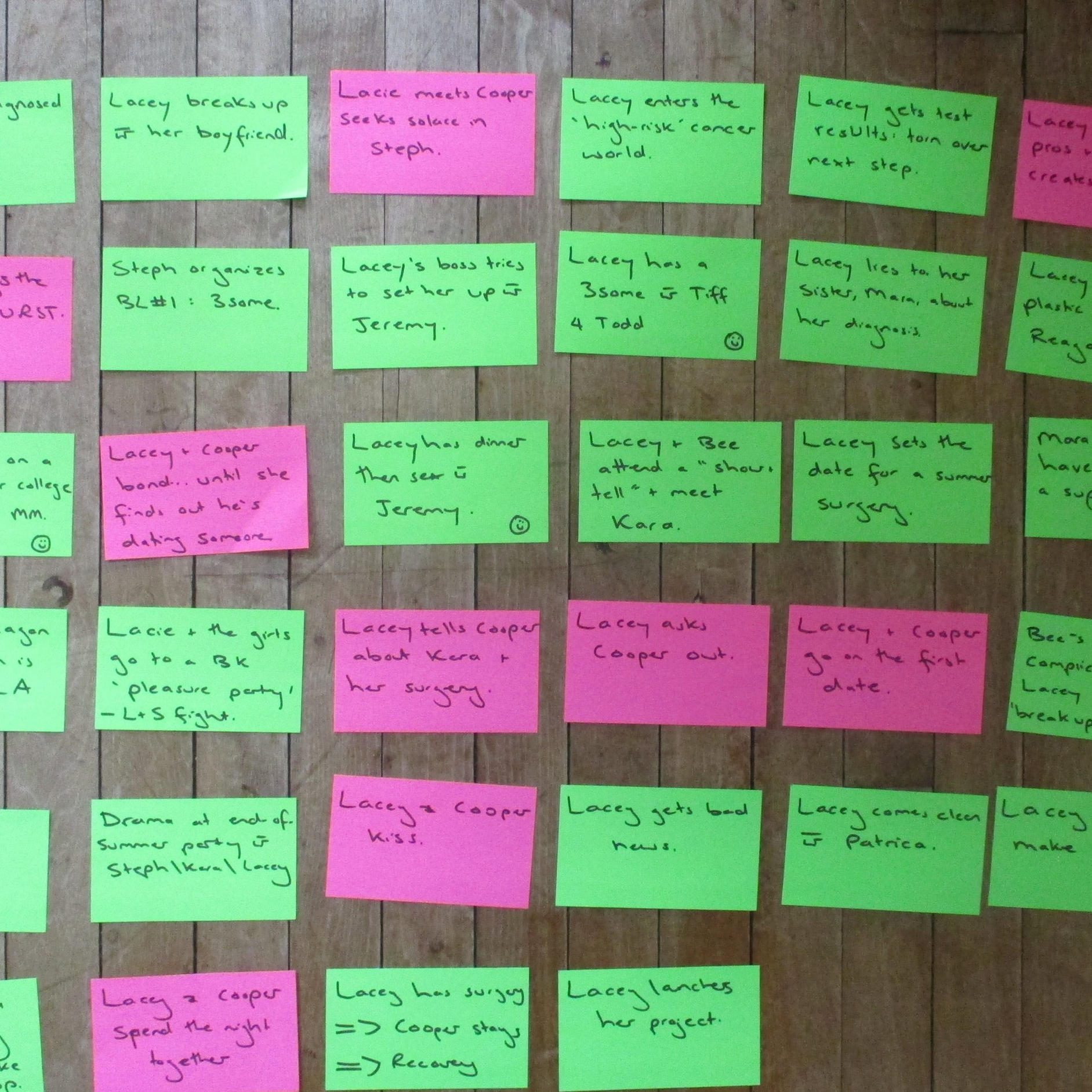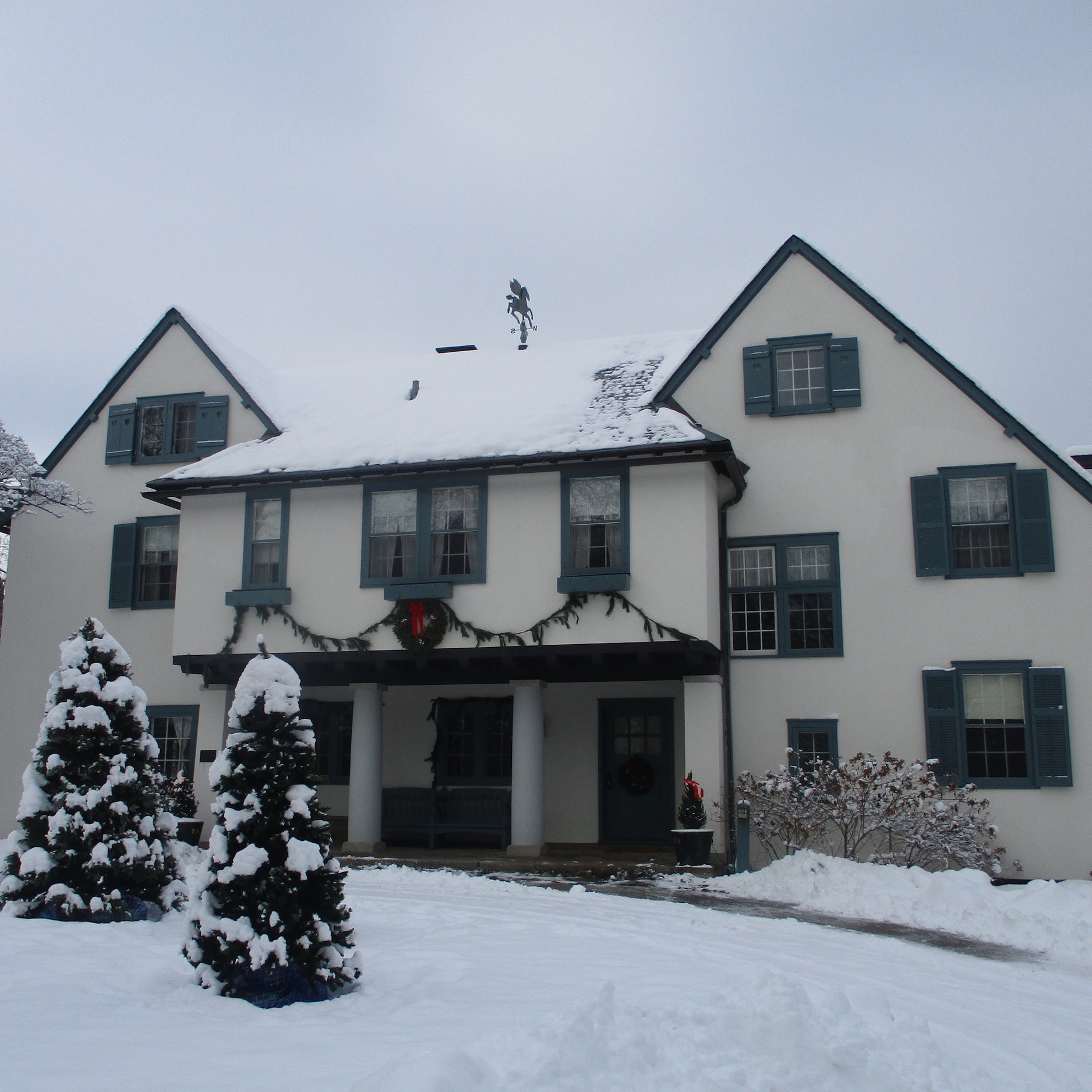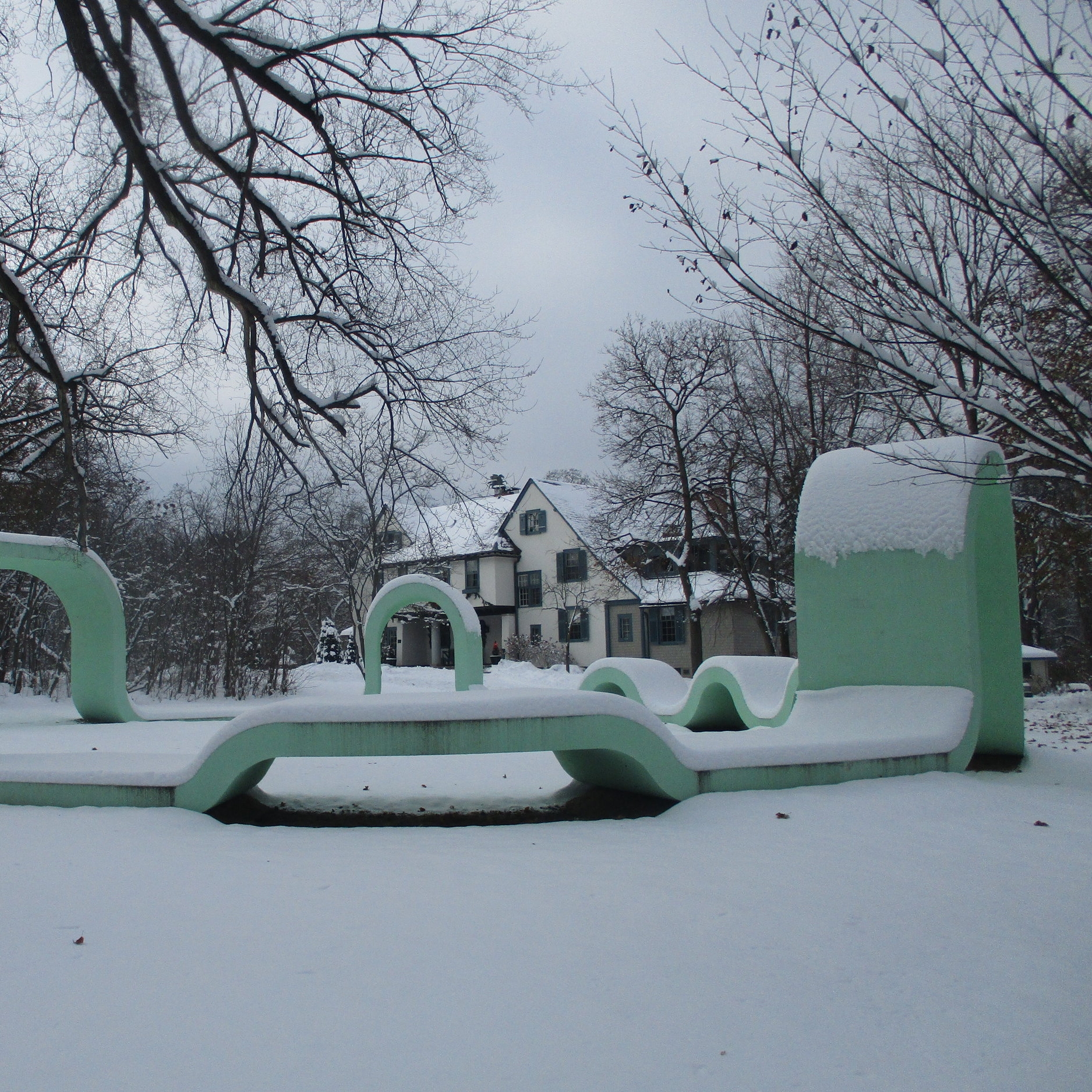No matter the art form or project, getting feedback on your works-in-progress is both essential and really fucking tough. Good feedback will strengthen the work. Bad feedback can derail you and shake your confidence. In fiction we call our early readers "betas". Here's what I think about when getting feedback from my betas.
Expertise: Some betas are editors or agents. Others are friends or fellow authors. The former should be giving feedback that is coming from a knowledge of craft or the marketplace. The latter will likely be going with their feelings and taste. Both are good, but just know that a friend who tells you "you need to do more research" might actually be saying "because I personally prefer books that are heavily researched" not "research will strengthen your concept and help this book be an even better version of itself."
Emotion: Getting feedback from anyone at any stage is hard. Your first reaction will likely be defensive ("Screw you, I'm perfect!") or defeatist ("I'm screwed, I suck".) Both are understandable. Neither are helpful. It's okay to take the time you need to let the new brief you're essentially getting to sink in. Remember: asking for feedback and then acting on it is part of the process. Work rewrites into your schedule.
Could be/should be: The work could be anything. It should be a much smaller number of things. Sure, your heroine could fall in love with a woman or quit her job to travel the world. But she should be narrating a story that is captivating/authentic/well told (or whatever you're aiming for). When getting feedback, I try to listen for what sounds like something I really should be doing, because it will make the book better, even if it's a lot of work, vs ideas I could do--they're not bad ideas, but really, they're just different storylines--and they don't really serve this unique story well.
Go with your gut. Be honest with yourself. Don't be lazy. Do the work.













